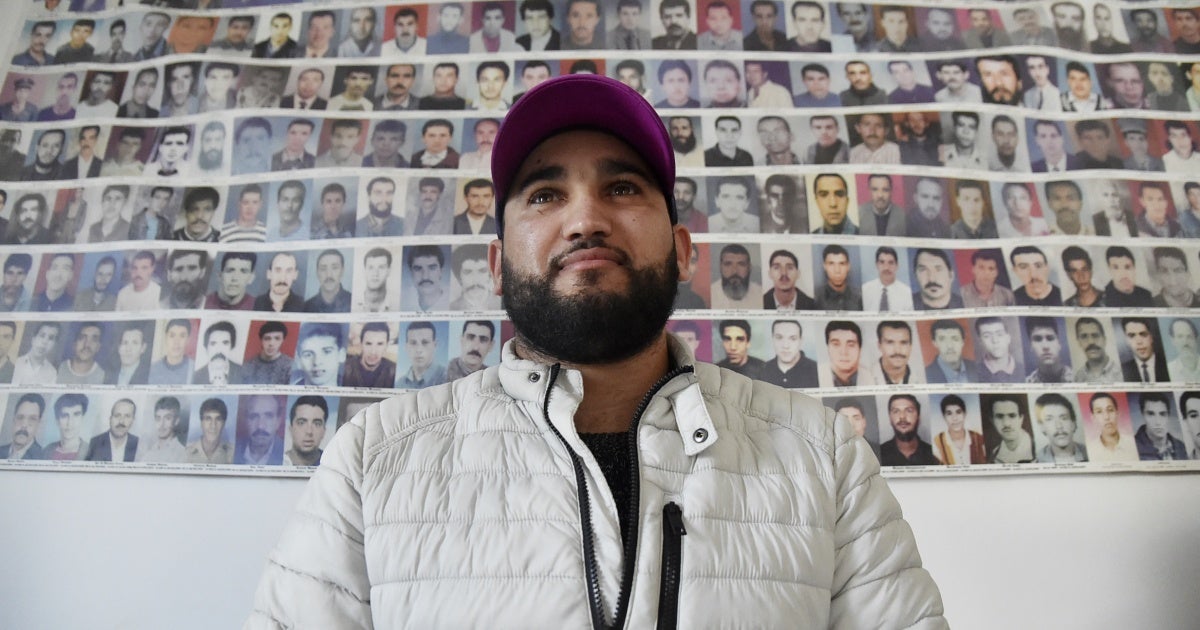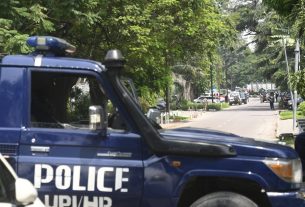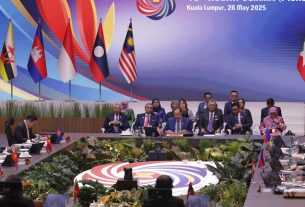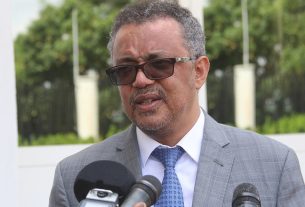Five years ago last week, people filled the streets of Algiers to protest then President Abdelaziz Bouteflika’s plan to run for a fifth term, in a march that launched the Hirak, Algeria’s biggest proreform movement in decades.
When the Hirak forced Bouteflika’s resignation six weeks later, the protest didn’t fizzle. These peaceful Friday marches continued, with Algerians demanding an overhaul of the country’s autocratic political system.
At the time Zakaria “Zaki” Hannache was a well-paid, apolitical industrial technician in Algiers. He missed the inaugural march but none thereafter, he said. When the arrests of protesters started in mid-2019, he joined an ad hoc group to monitor them. Their work grew heavier as Abdelmadjid Tebboune, elected president in December of that year, escalated the crackdown and, aided by COVID restrictions on public gatherings, blunted the movement.
Despite no human rights training, Hannache earned a reputation as a trustworthy source of information about the arrests, trials, and imprisonment of hundreds of Hirak activists, on vague political charges like “harming national unity.” Lawyers and victims’ families, fearful of reprisal, entrusted information to Hannache, who circulated it responsibly.
When the police detained him in February 2022, they interrogated him about his work. “The gist was, why would U.N. human rights officials want to talk with the likes of me? Why would I do this work when I had a good job as a technician with Sonelgaz [the state energy company]? I must be getting money from abroad.”
Authorities released Hannache provisionally the following month but charged him with “dissemination of false information” and receiving “funds … to perform or incite acts likely to undermine … security and public order,” In August 2022, Hannache left for Tunisia, where the UN Refugee Agency quickly recognized him as a refugee.
From exile, Hannache has remained a go-to source on the repression in Algeria, at a time when the government was arresting independent journalists and researchers and closing, on spurious grounds, prominent rights groups, and leading rights defenders to flee into exile.
Hannache lived in semi-hiding in Tunis, mindful that in 2021 another Algerian refugee had been kidnapped there and whisked back to Algeria, then tried and imprisoned. In March 2023, an Algiers court convicted Hannache in absentia and sentenced him to three years in prison.
On December 19, 2023, Hannache moved to Canada, which had agreed to resettle him. Since then, he has skipped hardly a beat in monitoring the repression of peaceful dissenters back home.
The Hirak may have been subdued but one of its legacies is a new crop of human rights defenders like Hannache, though many must operate from the diaspora, for now.



